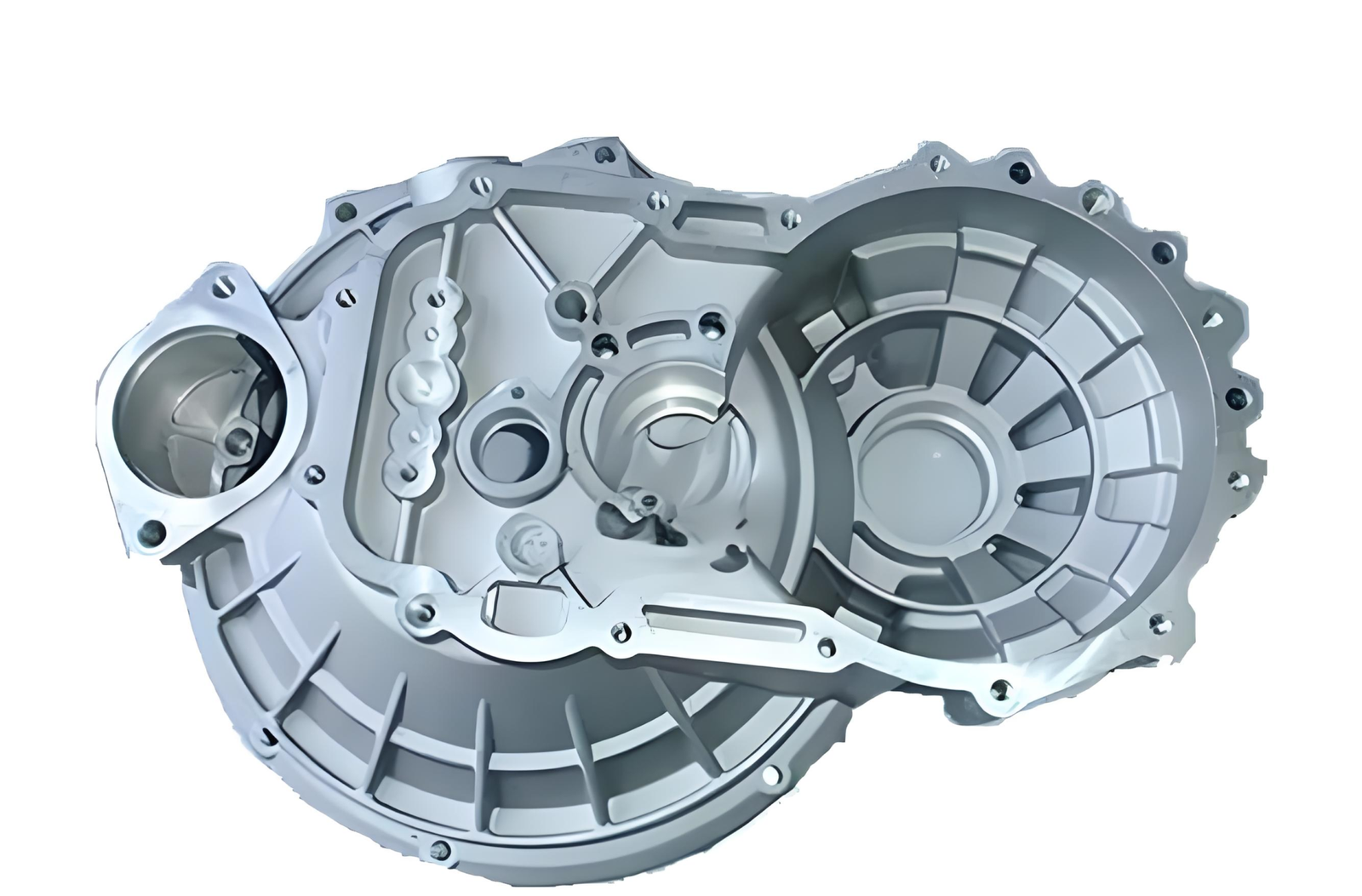
At Jupaicnc, we understand that precision and reliability are key when it comes to prototype automotive components machining. As a leading provider in the CNC machining industry, we specialize in delivering high-quality, durable automotive components that meet the strictest industry standards. In this article, we aim to address some of the most frequently asked questions about prototype automotive components machining, providing insights into the processes, benefits, and considerations involved in producing automotive parts using CNC technology.
One of the most common questions we encounter at Jupaicnc is, “What exactly is prototype automotive components machining?” Essentially, this process involves the use of computer numerical control (CNC) machines to create precise prototypes of automotive parts before mass production. These prototypes are crucial for testing, validation, and design verification, ensuring that each component meets the required specifications. At Jupaicnc, we employ state-of-the-art CNC equipment and advanced techniques to produce automotive parts with exceptional accuracy and efficiency, helping our clients bring their designs to life without compromising on quality.
Another frequently asked question revolves around the materials used in automotive components machining. The automotive industry demands materials that are not only durable but also lightweight and resistant to wear and tear. Common materials used for prototype automotive components machining include aluminum alloys, steel, titanium, and composite materials. Each material offers unique properties that are important for specific automotive applications. For instance, aluminum is prized for its light weight and corrosion resistance, while titanium is known for its strength and heat resistance. At Jupaicnc, we work closely with our clients to select the most appropriate materials for their prototypes, ensuring that the end product is both functional and cost-effective.
When it comes to the design of prototype automotive components, another question often asked is, “How do you ensure the accuracy and precision of the prototypes?” This is where Jupaicnc’s expertise shines. Our CNC machining process is driven by advanced CAD/CAM software, which translates digital designs into precise machining instructions. This eliminates the possibility of human error, allowing us to produce prototypes with tight tolerances and intricate geometries. Furthermore, our team of skilled engineers and machinists conducts rigorous quality control checks throughout the manufacturing process to ensure that each component meets the specifications and performance standards required by our clients.
One of the key advantages of prototype automotive components machining is the ability to rapidly iterate and refine designs. Traditional manufacturing methods, such as casting or injection molding, can be time-consuming and expensive when it comes to producing prototypes. However, CNC machining offers a faster and more cost-effective solution. With CNC machining, we can quickly produce high-quality prototypes, test them, and make adjustments as needed before moving to full-scale production. This iterative process not only saves time and money but also allows for greater flexibility in design and functionality.
As with any manufacturing process, there are certain challenges to be aware of when it comes to prototype automotive components machining. One of the most common challenges is achieving the desired surface finish. Depending on the requirements of the automotive part, the surface finish may need to be smooth, textured, or treated for additional durability. Achieving the right surface finish can be a delicate balancing act, as it depends on factors such as material choice, cutting tools, and machining parameters. At Jupaicnc, we leverage our extensive experience and expertise to overcome these challenges and deliver parts with the perfect surface finish, ensuring that the components meet both aesthetic and functional requirements.
Another challenge in prototype automotive components machining is ensuring the integrity of complex geometries. Automotive parts often require intricate features, such as deep cavities, thin walls, or complex curves. Machining these geometries with precision demands a high level of skill and the use of advanced machining techniques, including multi-axis machining and high-speed machining. Jupaicnc’s state-of-the-art equipment and experienced machinists are well-equipped to handle even the most complex geometries, ensuring that every prototype meets the design specifications while maintaining structural integrity.
Some clients also inquire about the turnaround time for prototype automotive components machining. The time required to produce a prototype depends on several factors, including the complexity of the design, the material used, and the number of components to be machined. However, one of the key benefits of CNC machining is its ability to produce prototypes in a relatively short amount of time compared to traditional methods. At Jupaicnc, we pride ourselves on our efficient processes and our ability to deliver high-quality prototypes within tight timelines, helping our clients stay on schedule and move forward with their projects without unnecessary delays.
Finally, it’s important to address the question of cost. CNC machining for prototype automotive components can be a cost-effective option, especially when compared to other traditional methods of prototyping. While the initial setup costs may be higher due to the need for specialized machinery and tooling, the ability to rapidly produce high-quality prototypes with minimal waste results in lower overall costs. Additionally, the flexibility of CNC machining allows for cost savings through the rapid iteration of designs, reducing the risk of expensive design errors and the need for multiple prototype runs. Jupaicnc works with our clients to optimize the production process, ensuring the best possible balance between cost, quality, and speed.
Prototype automotive components machining is a critical step in the development of automotive parts, and at Jupaicnc, we are committed to providing high-quality, reliable prototypes that meet the needs of our clients. Whether you’re developing a new automotive component or refining an existing design, our advanced CNC machining services ensure that your prototypes are produced with precision, efficiency, and cost-effectiveness. With our expertise and state-of-the-art equipment, we help our clients navigate the complexities of automotive component development, delivering prototypes that are ready for the next phase of production.
